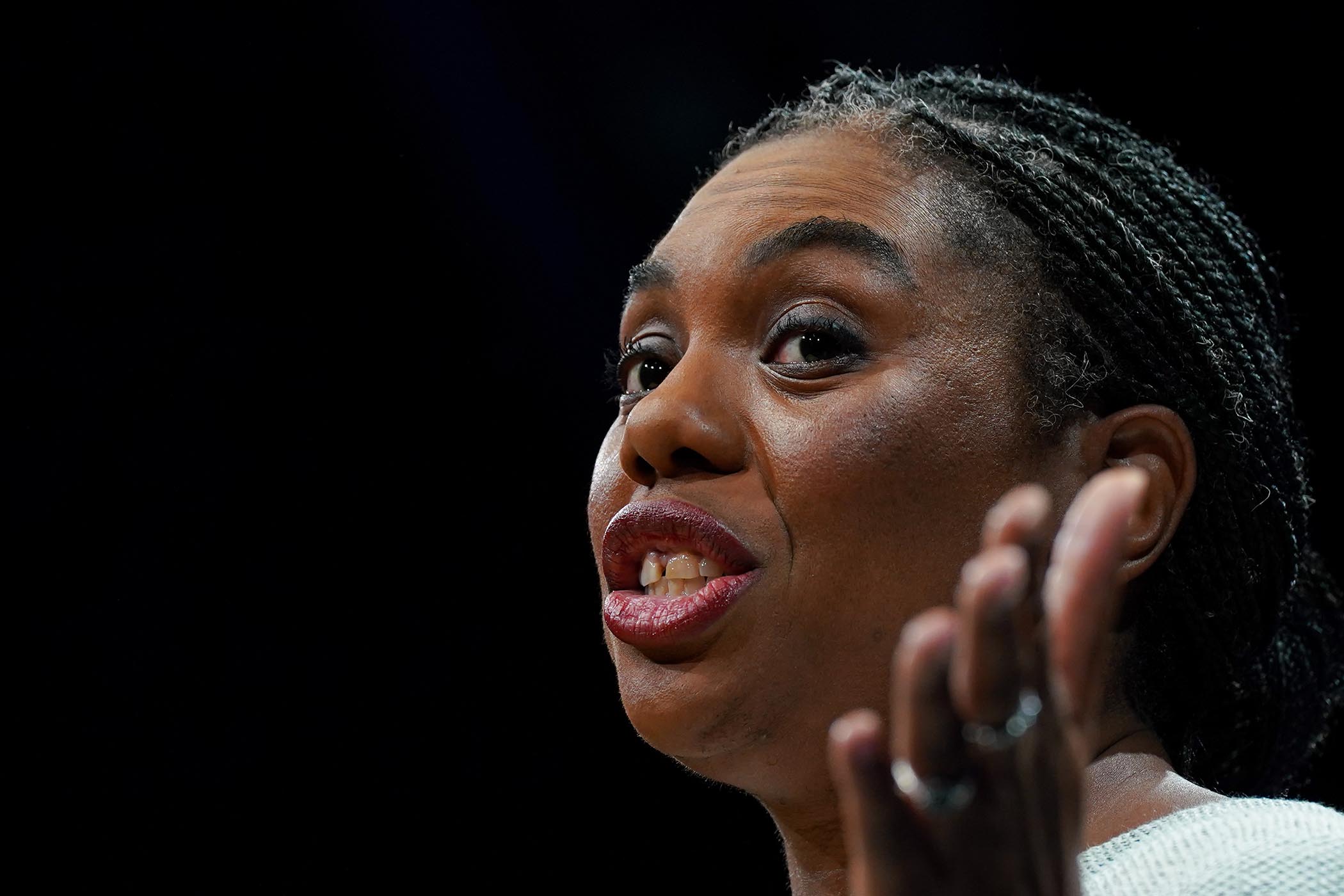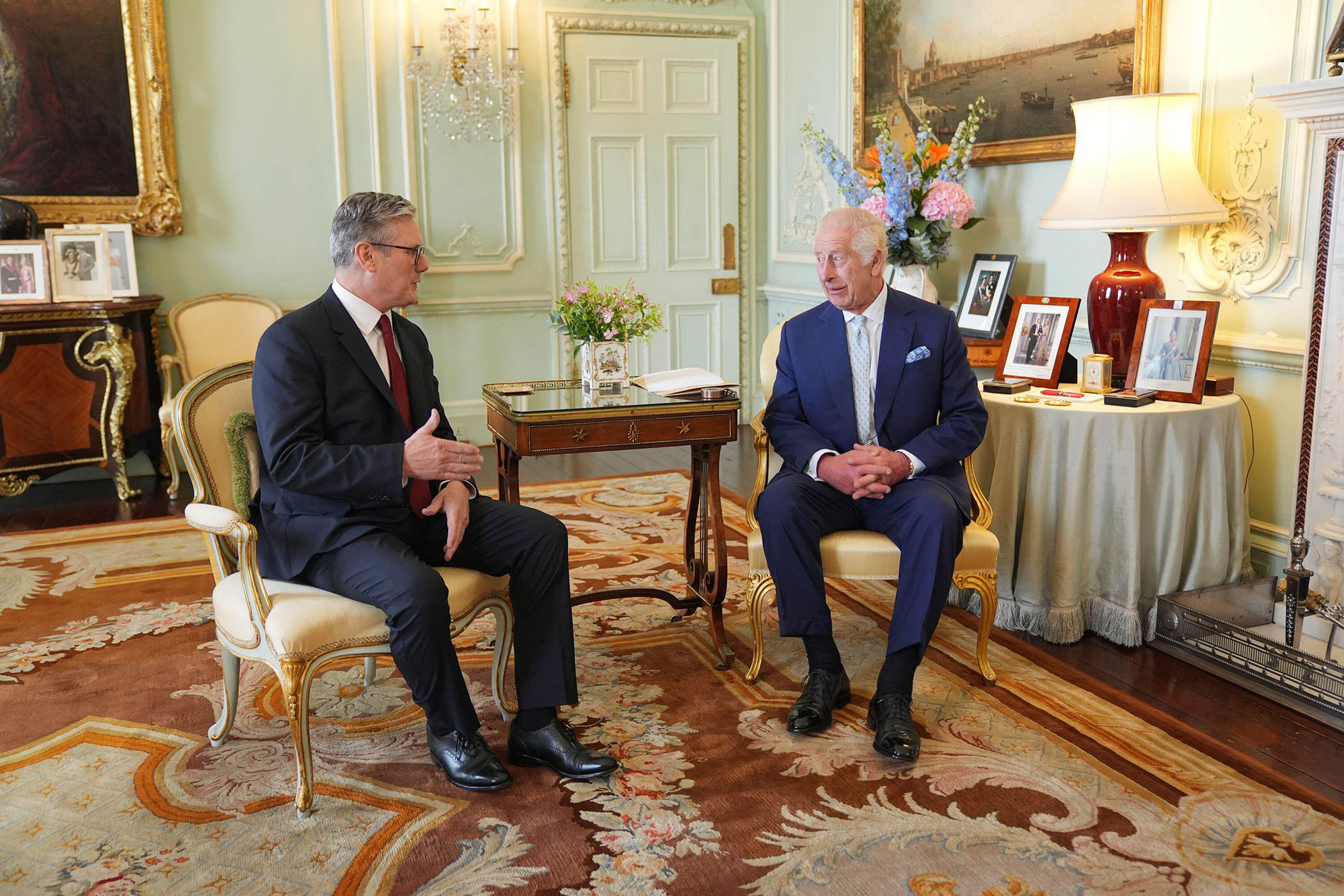There is a yawning gap in the British political marketplace. Most tastes are catered for – except the one that used to dominate our country. You yearn for simplistic, fantastical and often downright dangerous back-of-a-beer-mat answers to complex challenges? Nigel Farage and his motley crew are the people for you. You want an interventionist tax-and-spend government? Enjoy, because you’ve got that already. You’re kind of in the middle, really wish we were still in the EU, and feel let down by how Labour is working out? See that jolly fella squeezed into a wet suit? I think you’ll take to Sir Ed Davey. You want eco-socialism with elevated taxes on wealth, every public utility in state hands and all drugs legalised? Swipe left for Zack Polanski of the Greens. Nationalist options are available in Scotland and Wales.
What’s missing from this smorgasbord of choice is a centre-right party that focuses on economic competence, encourages enterprise and keeps a grip on public spending, while being respectful of traditions such as the independence of a judiciary that has been admired by the rest of the world. Broadly speaking, this space was historically covered by the Conservative party, and very successfully too. It wasn’t an accident that the Tories were called the “natural party of government” or that people once said “the facts of life are Conservative”. They did so because they were in power – sometimes in coalition, more often alone – for 73 of the 107 years since the introduction of universal male suffrage.
At their denuded party conference in Manchester, where outfits once worn by Margaret Thatcher were on reverential display in glass cabinets as if they were holy relics, there was the occasional glimpse of Conservatives remembering what once made them the market leader. If he ever gets the real job, shadow chancellor Sir Mel Stride claims his watchword will be “fiscal responsibility”. One of the better lines of Kemi Badenoch’s closing speech was to accuse her rivals of profligacy when she mocked them for being devotees of “the same magic money tree”.
You likely think it a bit ripe of the Tories to try to reclaim their old mantle of economic competence in the wake of George Osborne’s austerity, Boris Johnson’s Brexit and the madness of Liz Truss. The Tory core brand was trashed by what they did with their long stretch in power, but it transpires that it has not been entirely destroyed. That was the reveal of a thought-provoking event featuring analysis by Luke Tryl, the executive director of More in Common. A lot of his organisation’s polling is grim for the Tories, but there were whispers of encouragement on key economic questions that usually play a large role in determining election results. When respondents were asked which party they most trusted to keep taxes low, reduce the national debt, attract investment and create jobs, the Conservatives were preferred to both Labour and Reform. There’s potential for that edge to matter more in the future.
Ministers are anxious about slithering into a fiscal crisis. Even if that is avoided, more tax rises to balance the books are coming in November and this is unlikely to make the public feel more warmly toward the government. Reform’s arithmetic rarely withstands five minutes of scrutiny. Many Reform-controlled county councils are indicating that they will have to hike council tax because the savings they thought they could make have proved to be imaginary. If there’s any salvation for the Conservatives, this is where hope is to be found. Their best long-term chance of revival lies in renewing themselves as a sensible party of the right that can be trusted with the economy, the national finances and public services – or at least less distrusted than their competitors.
Some of them can see this. Others, not so much. Several of their leading performers – and many of their members – want to be a Reform tribute act, with added nastiness in the case of Robert Jenrick. The shadow justice secretary seeks the power to sack judges he doesn’t like, and attacks a suburb of Birmingham because he “didn’t see another white face” during a 90-minute visit. Chris Philp, the shadow home secretary, reckons the way to take on Mr Farage is to have a bidding competition over who can deport the most people. Those voters who adore Reform are going to stick with the full-fat version, not be enticed by a semi-skimmed imitation from the Tories. The greater number of voters who are repelled by Reform are unlikely to be attracted to a Conservative party that spends its time doing karaoke Faragism.
I think Mrs Badenoch half gets that. One of only two mentions of the Reform leader in her set-piece conference speech was attached to George Bernard Shaw’s warning about the perils of wrestling with pigs. “You both get dirty, and the pig likes it.” What she doesn’t seem to get is how much work has to be done to rehabilitate the Tory party’s reputation. Less than a quarter of Britons think the Conservatives have learned lessons from their time in power. Yet her remarkably unrepentant speech had just the one fleeting acknowledgement that people “are still angry with us”, and no account of why they went down to the worst defeat of their history at the last election – and have become more unpopular since.
Her aides suggested that was because she thinks the time for contrition is over. I must have slept through the past year because I have never heard her apologise for Partygate, repudiate the Truss experiment, or beg for forgiveness for all the other howlers that made so many voters so loathe them. Only when the Conservatives frankly acknowledge everything they got wrong might they begin to claw back some public interest in what they would hope to do better in the future.
And if they are ever to reclaim their historic calling card as the competent party, they will have to behave that way. The distinguishing feature of the frenzy of spending promises released for the conference was flimsily costed gimmickry. This was not designed to be an authentic programme for government, but a headline-chasing exercise to shore up the leader’s precarious position. There’s a potential road back for the Tories, but it will be long, it will be hard and they won’t progress along it until they cease plunging down dead ends.
Photograph by Ian Forsyth/Getty Images
Newsletters
Choose the newsletters you want to receive
View more
For information about how The Observer protects your data, read our Privacy Policy



